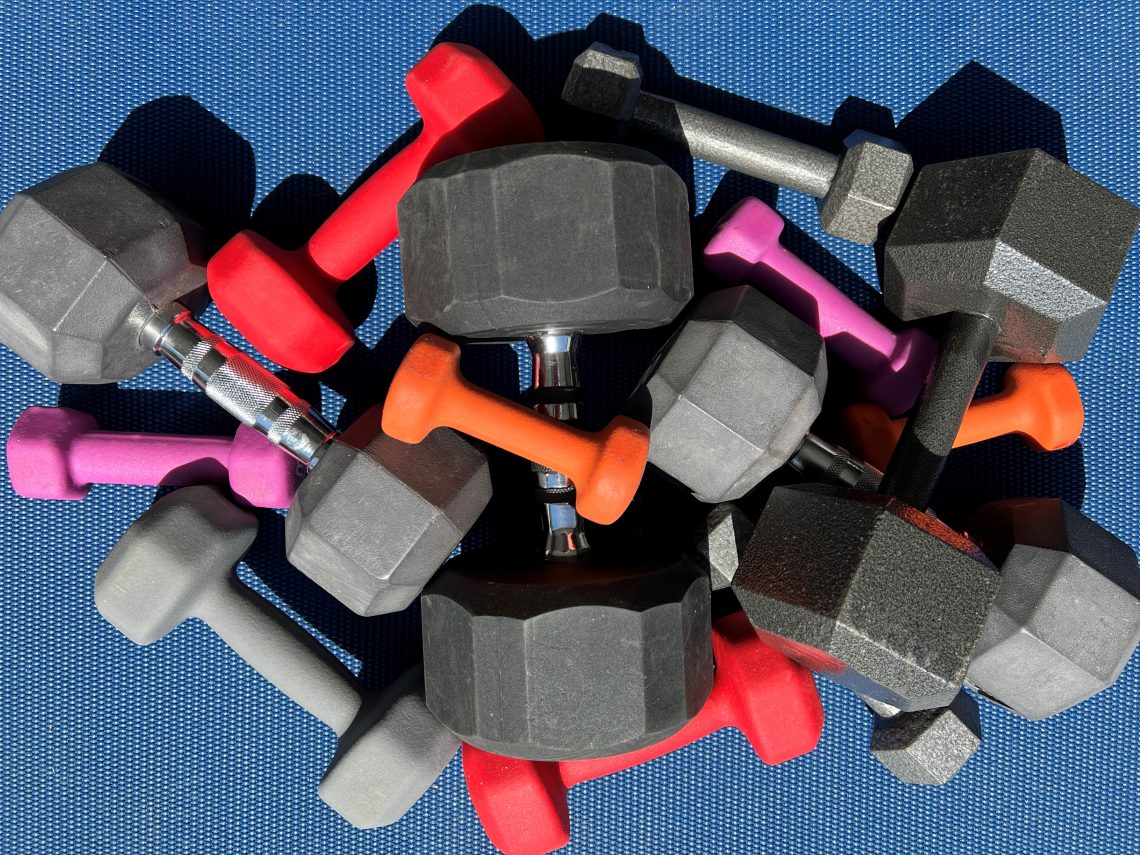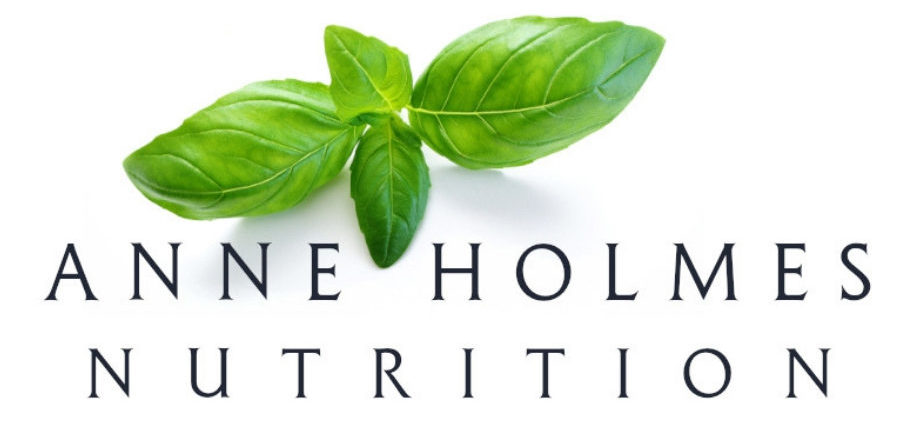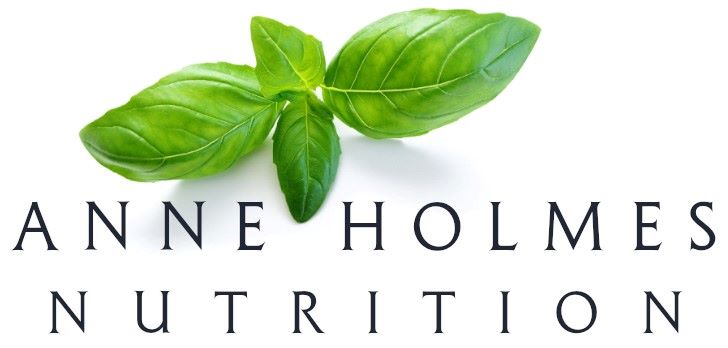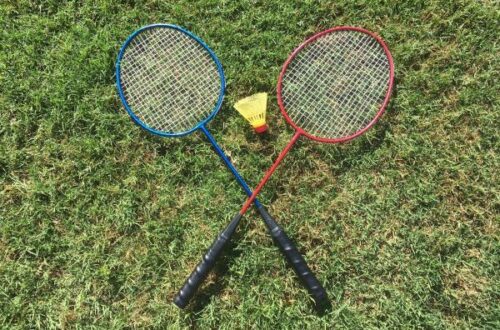
Three Nutritional Tips for Building Muscle
Although many factors come into play when it comes to building muscle, one important component to support muscle growth is nutrition. Consider these particular areas when planning your meals for increasing muscle growth.
1 Protein – Consume protein rich sources with all meals and following a workout (within an hour) to build and repair muscles.1 Beans, soy products like soymilk, tofu, and tempeh, nuts and seeds, nut and seed butters, protein fortified grains, 1% cow’s milk, low-fat Greek yogurt, kefir, cheese, fish, eggs, and lean meats are all good sources of protein. Protein suggestions from a position paper from the Academy of Nutrition and Dietetics, Dietitians of Canada, and the the American College of Sports Medicine indicate that adult athletes may benefit from consuming 1.2 to 2 grams of protein per kilogram body weight per day.1 To convert your weight from pounds to kilograms just divide your weight in pounds by 2.2. Avoid overconsuming protein because doing so may over burden the kidneys as well as contribute to dehydration.
Examples for post workout nutrition may include:
smoothie made with Greek yogurt and fruit
peanut or sunflower butter and jelly sandwich
roasted chickpeas
2 Variety and Amounts – Eat a variety of nutrient dense foods that include sources of carbohydrates such as whole grains, beans, peas, lentils, fruits, vegetables, soymilk, low-fat cow’s milk, and Greek yogurt providing ample amounts of energy. Eating too few calories over the day may result in muscle loss.
Try making your own natural nutrient dense energy balls or granola to add to a meal or snack.
3 Hydration – Stay properly hydrated. Dehydration can adversely affect exercise performance. Drink appropriate amounts of water before, during, and after a workout. Replace fluid lost from sweat during a workout. Overhydration should be avoided as well.
Consider seeing a sports dietitian for individualized plans that will help with this process. Go to Eatright.org to “Find a Nutrition Expert” specializing in sports nutrition or check with your local hospital’s outpatient nutrition clinic or university wellness center for a referral to a sports dietitian near you. And of course, it is always best to check with your physician before making changes to your diet and exercise program especially if you have underlying medical issues.
1 Thomas DT, Erdman KA, Burke LM. Position of the Academy of Nutrition and Dietetics, Dietitians of Canada, and the American College of Sports Medicine: nutrition and athletic performance. J Acad Nutr Diet. 2016;116(3):501-528.






8 Comments
Barbara Bowling
I guess it’s like Dr. Seuss said:
Life’s a great balancing act.
Thanks for keeping us on target, Anne.
Anne
Thank you for your nice comments Barbara!
Pam Holmes
Great tips for getting strong and staying healthy. Thank you Anne.
Anne
Thank you Pam!
Ron
The materials that you use are important for success in any building project. A muscle building program is no exception, but frequently focuses heavily on a regime of athletic or exercise-based physical activities. Your article points out the additional importance of selecting the proper nutrients for successful muscle building, and outlines a thoughtful approach for including them in your daily diet in a way that both improves the effectiveness of the physical activities and contributes independently to achieving the overall objectives of the program.
Anne
Thank you so much, Ron, for your insightful comments!!
Alyson
Thanks for all the great info. Always learning on your site. 🙂
Anne
Awe, thank you so much Alyson!!!